Full Body MRI Scan Specialist in Culver City Los Angeles, CA
Routine screenings with whole-body MRI scans can aid in the early detection of health concerns, giving patients a higher chance of starting treatment sooner. This early detection is critical for properly managing and treating illnesses, potentially improving outcomes and quality of life. At the iVIE MRI Screening Center, Dr. Kourosh Naini and our team of knowledgeable and experienced professionals provide whole-body MRI screening. For more information, contact us or book an appointment online. We are located at 11600 Washington Pl Suite 104A, Culver City, CA 90066.
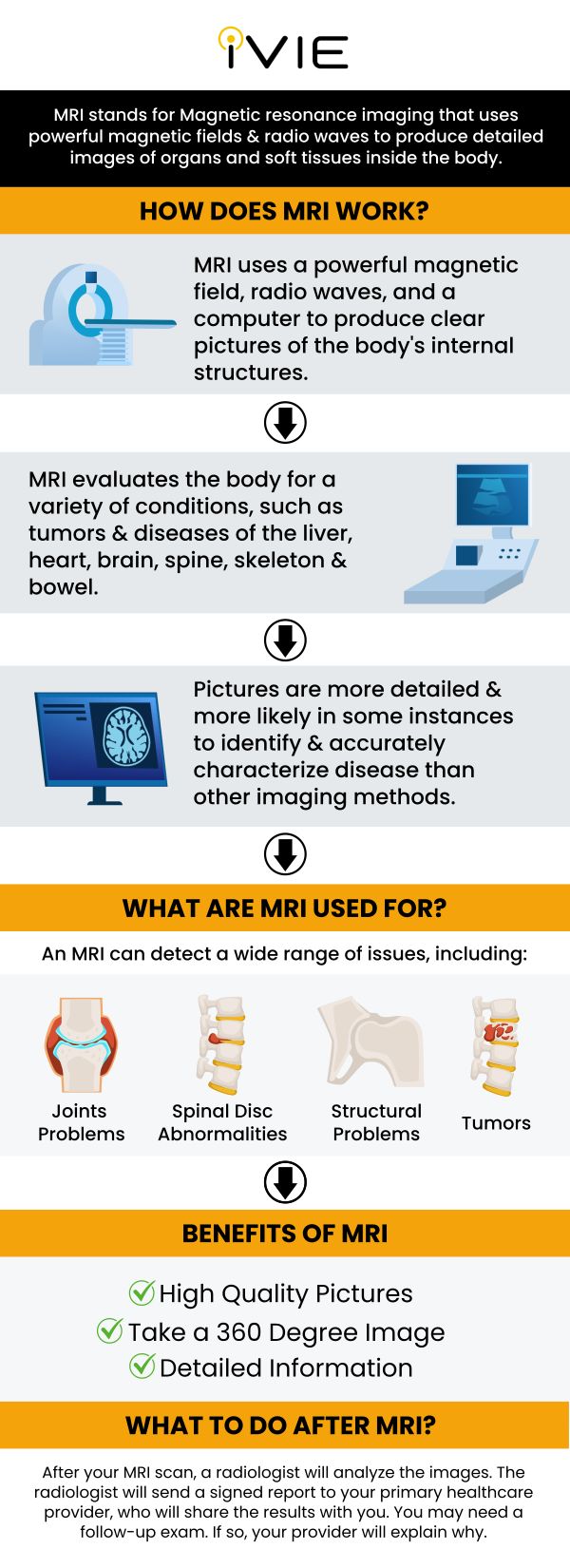
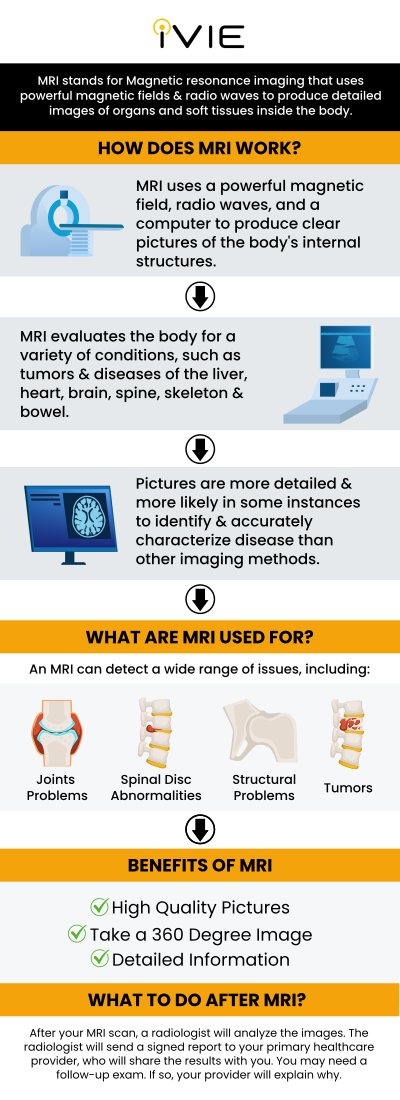
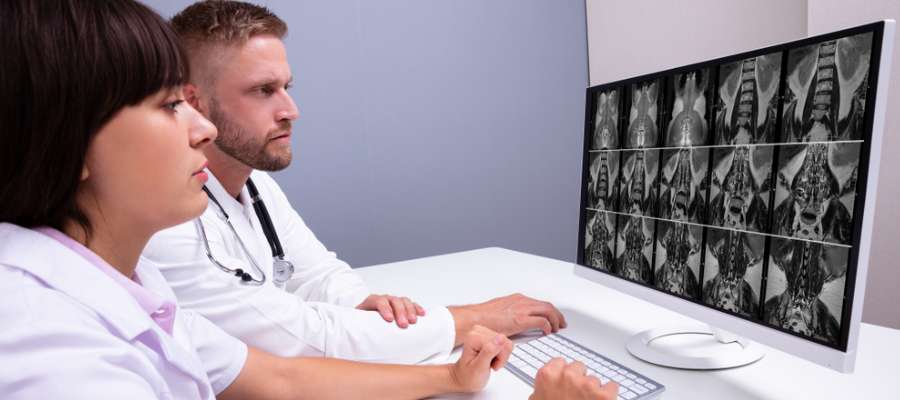

Table of Contents:
What does a full-body MRI scan show?
What is a full-body cancer screening MRI?
How long does a whole-body MRI take?
What is the difference between a full-body CT scan and a full-body MRI?
Expert Full Body MRI Scan from Dr. Kourosh Naini
A whole-body MRI (Magnetic Resonance Imaging) scan is a comprehensive imaging test that evaluates the body for various conditions, including cancers, diseases, and other abnormalities. This type of scan is particularly beneficial for asymptomatic individuals seeking an overview of their current health.
It provides detailed insights into vital organs and blood vessels, making it a powerful tool for detecting internal abnormalities. MRI scans are fast, accurate, painless, and non-invasive, and they are preferred over other scanning methods as they do not use harmful ionizing radiation. Routine screenings with whole-body MRI scans can aid in the early detection of health issues, offering a better opportunity to start treatment early. This early detection is crucial in managing and treating conditions effectively, potentially improving outcomes and quality of life.
The versatility of a whole-body MRI screening lies in its ability to visualize internal body structures non-invasively. It is adept at detecting diseases such as cancer and heart problems early, thus offering patients a better prognosis.
MRI is a noninvasive way to examine tissues, organs, and the skeletal system and diagnose various conditions. It can spot issues ranging from traumatic brain injury to tumors, strokes, dementia, artery disease, aneurysms, spinal tumors, pinched nerves, herniated discs, and abnormalities in bones and joints caused by injuries or infections.
The MRI scanner uses a combination of radio waves and a powerful magnetic field to scan the body, with the signals sent to software that creates images of the internal body. A radiologist then studies these images to check for any abnormalities.
A full-body cancer screening MRI is a diagnostic procedure designed to detect cancer lesions, aneurysms, bone and joint issues, and spine problems throughout the body. This screening is particularly valuable for early diagnosis of cancer in asymptomatic patients, offering them the best chance for successful treatment.
Diagnosing cancer at an early stage, when it isn’t too large and hasn’t spread, significantly increases the likelihood of successful treatment. MRI scans are also useful in assessing the efficacy of treatments, such as chemotherapy for cancer. In instances where a nodule is suspected to be a tumor, MRI scans can guide biopsies, making them an integral part of cancer detection and management.
The duration of a whole-body MRI depends on several factors, including the patient’s ability to remain still during the scan, the necessity to hold breath during certain parts of the scan, and the use of contrast material. The entire exam typically takes between 60 to 90 minutes, but this can vary.
Factors influencing the duration include the number of images required for a detailed analysis, the size of the body area being scanned, the use of contrast dyes, and the need for sedation in certain patients. If contrast dye is used, the MRI may take an additional 15 to 30 minutes.
The specialists at iVIE will talk patients through what to expect during their whole-body MRI screening on a case-by-case basis.
The primary difference between a full-body CT (Computerized Tomography) scan and a full-body MRI lies in their imaging techniques and the type of information they provide. MRI uses a strong static magnetic field and radio-frequency energy to generate images, while CT employs numerous X-ray images reconstituted into computer-generated images.
MRI is known for its ability to produce highly detailed pictures of the body’s structures, including soft tissues, nerves, and blood vessels, without using any radiation. In contrast, a CT scan uses radiation but offers a much higher level of detail compared to a simple X-ray study.
MRI excels in showing certain diseases that a CT scan cannot detect. Some cancers, such as certain liver and prostate cancers, are more visible or detectable on an MRI. Metastases to the bone and brain also show up better on an MRI. MRI is also used for many purposes unrelated to cancer, including injuries to soft tissue or joints and diseases of internal organs like the brain, heart, and digestive organs. This makes MRI an excellent option for whole-body scans and early detection of cancers.
At iVIE MRI Screening Center, Dr. Kourosh Naini offers comprehensive Full Body MRI scans to provide detailed insights into your overall health. With his extensive experience in diagnostic imaging, Dr. Naini utilizes cutting-edge technology to screen for a wide range of conditions, including early-stage cancers, vascular issues, joint problems, and more. His patient-centered approach ensures each scan is tailored to meet your unique needs, helping to detect potential health concerns before they become serious. Whether you’re seeking peace of mind or addressing specific health worries, Dr. Naini’s expertise in full-body imaging offers you the clarity and confidence to take proactive steps toward better health.
Whole-body MRI screening is available at the iVIE MRI Screening Clinic. For more information, contact us or book an appointment online. We are located at 11600 Washington Pl Suite 104A, Culver City, CA 90066. We serve patients from Culver City Los Angeles CA, Downtown LA, Beverly Hills CA, Marina del Rey CA, Venice CA, Santa Monica CA, and surrounding areas.
Check Out Our 5 Star Reviews

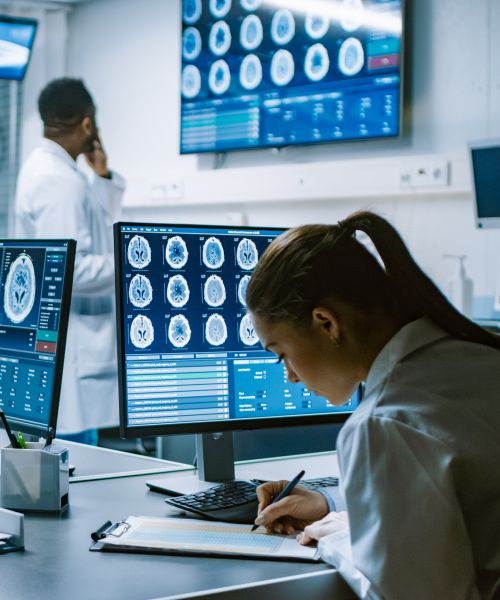
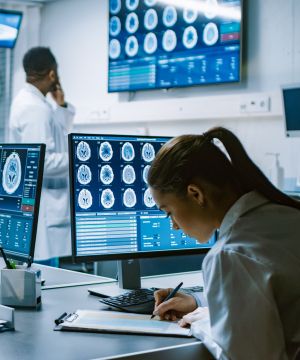
Additional Services You May Need
▸ Dementia Screening
▸ Aneurysm Screening
▸ Spine MRI
▸ Whole Body MRI Screening
▸ MRI Brain Screening
▸ Brain PET
▸ Work/Sport Spine Injury Diagnosis
▸ Work/Sport Brain Injury Diagnosis
▸ Whole Body PET For Cancer
▸ MRA Brain Screening


